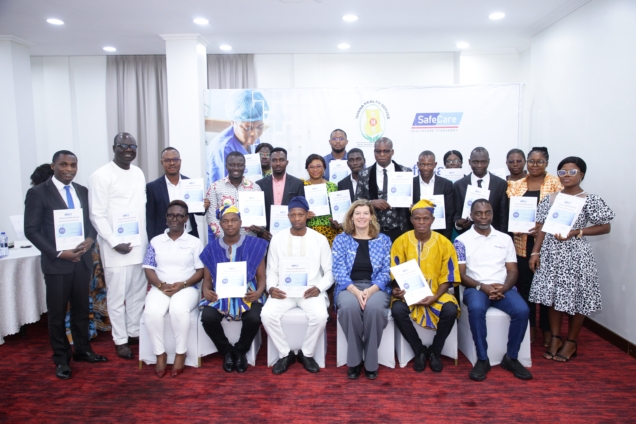Nineteen staff of the Ghana Health Service (GHS) have received SafeCare certification after a rigorous training under the auspices of PharmAccess.
This development represents a significant milestone in institutionalising quality healthcare delivery across Ghana’s public health system.
It also signals the GHS’s commitment to addressing the systemic gaps that have resulted in a growing number of lawsuits for negligence and substandard care.
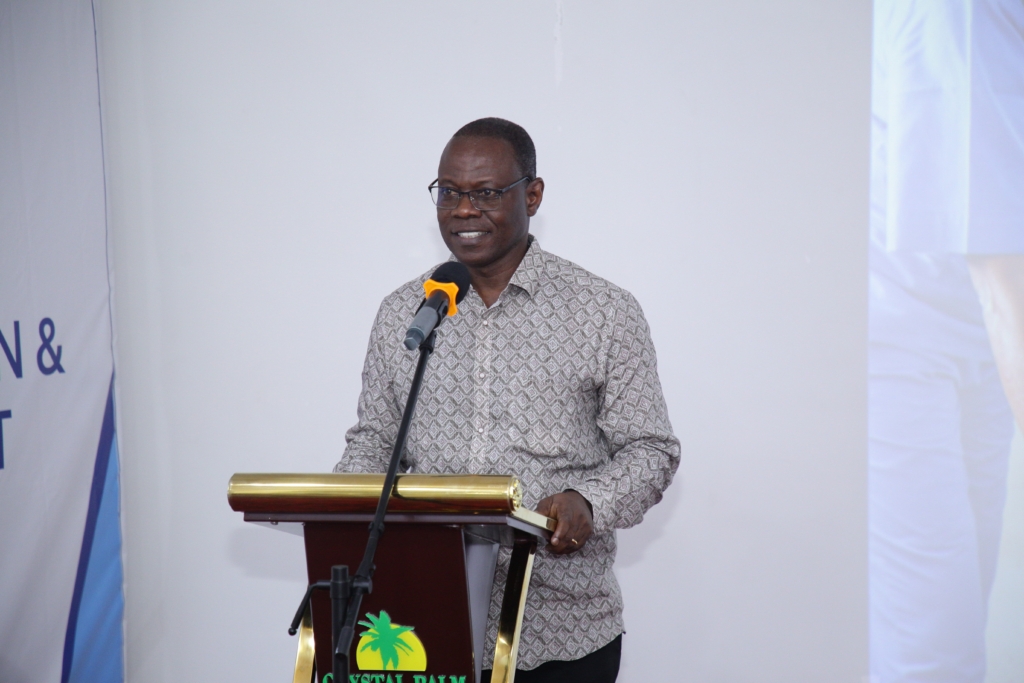
The training programmd forms part of the SafeCare initiative, a global effort aimed at improving the quality and safety of healthcare services. The assessors underwent an intensive selection and training process that involved regional nominations, classroom instruction, supervised assessments, and virtual sessions.
These professionals are now equipped to support healthcare facilities across the country in assessing performance, identifying gaps, and implementing targeted improvements.
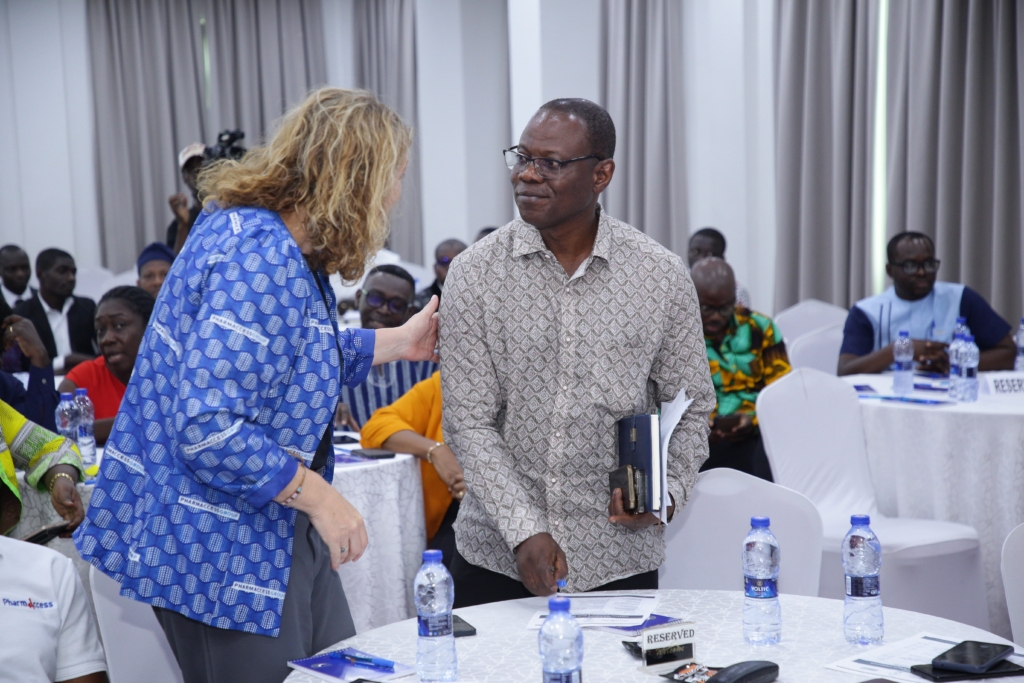
Speaking at the graduation event in Accra, Director-General of the Ghana Health Service, Dr. Patrick Kuma-Aboagye, did not mince words about the stakes involved.
“Nowadays, as you’re aware, you get sued. Ghanaians are smarter now, and all the suits are because we did not take our quality processes seriously. Judges are giving huge fines, and now they’re garnishing our accounts. It’s about the right time we address this,” he indicated.

Dr. Kuma-Aboagye emphasised that the Service aims to institutionalise the SafeCare system as a core aspect of its operations.
“The vision of the Ghana Health Service and all of us here is to institutionalize the SafeCare system to make it a culture for the entire service. This way, service delivery will be linked to quality and safety, and every health worker will be empowered with quality improvement, working in improvement teams to continuously improve quality of care using data and evidence-based methods,” he explained.
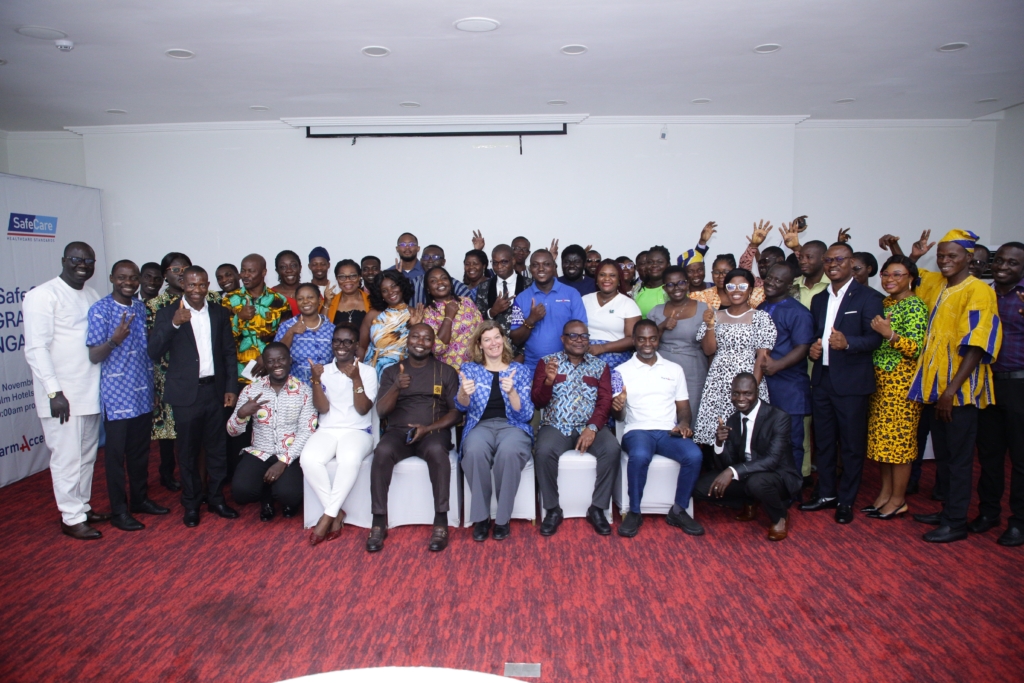
The assessors underwent a rigorous selection and training process. According to the event’s facilitators, “Each of the ten regions selected and submitted three districts with one network per district. Four eligible assessors were submitted by the ten regions, and two were shortlisted to represent the regions.”
The process included a one-week classroom session, a supervised in-person assessment, and virtual meetings.
“The trained assessors will train implementing facilities in their regions and conduct quality improvement trainings. They are now properly baked and ready to support their respective regions to measure their outcomes, identify areas for improvement, and institute measures to address the gaps,” the Director-General revealed.
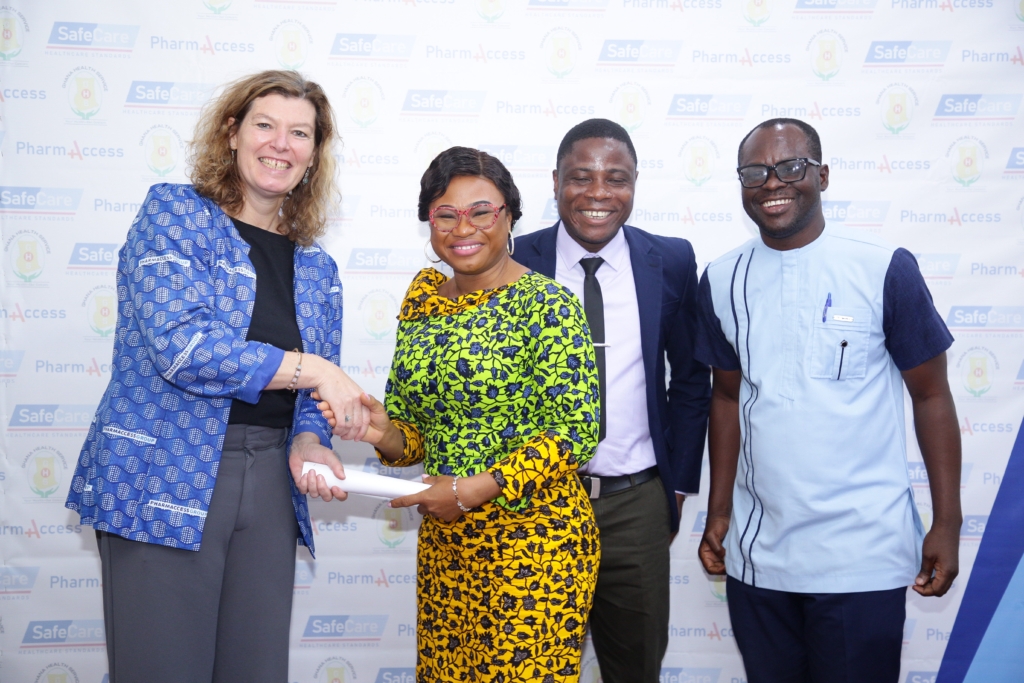
CEO of PharmAccess and Founder of SafeCare, Dr. Nicole Spieker, commended the Ghana Health Service for prioritising quality healthcare delivery, highlighting the global implications of poor healthcare standards.
“Globally, five million people die annually due to poor-quality healthcare, and three million die because of lack of access. Quality improvement is key. It’s not just about infrastructure but about leadership, attitude, and investment,” she said.
Dr. Spieker urged the Ghana Health Service to continue the journey of institutionalising quality improvement in healthcare delivery adding that, “Ghana is paving the way for other African countries in the journey towards universal health coverage.”
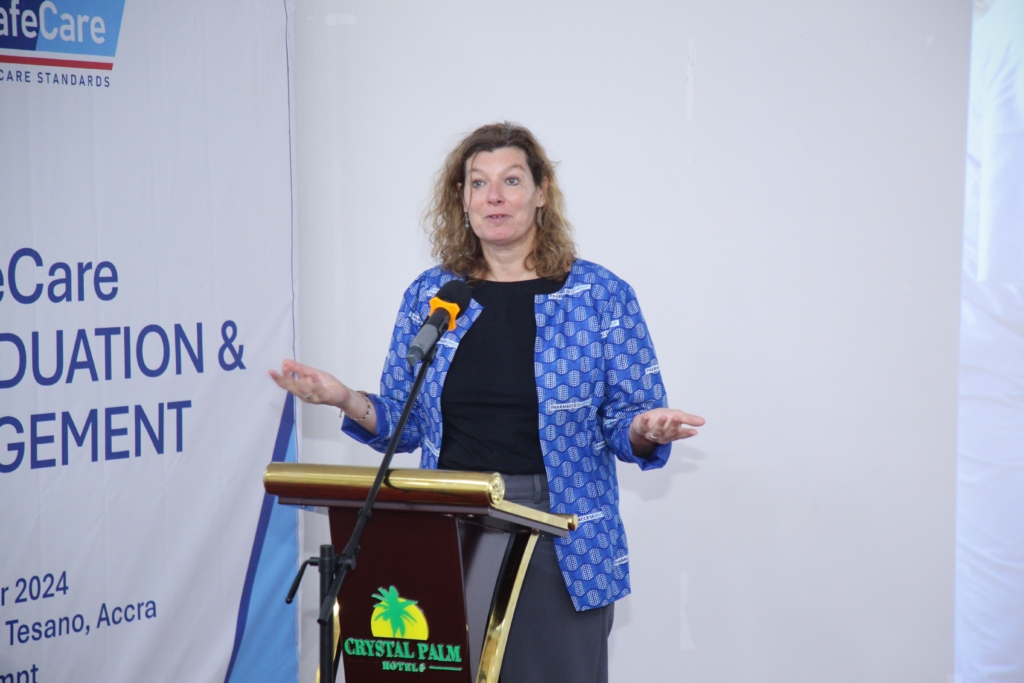
The newly certified assessors pledged to apply their skills to elevate healthcare standards in their regions.
“We acknowledge the rigour and intensity of the training we have undergone. It’s with immense pride and joy we stand here, ready to contribute as certified assessors, facilitators, and mentors. We pledge to serve diligently in our respective roles, striving to enhance the quality of healthcare within Ghana Health Service as envisioned by our Director-General,” she said.
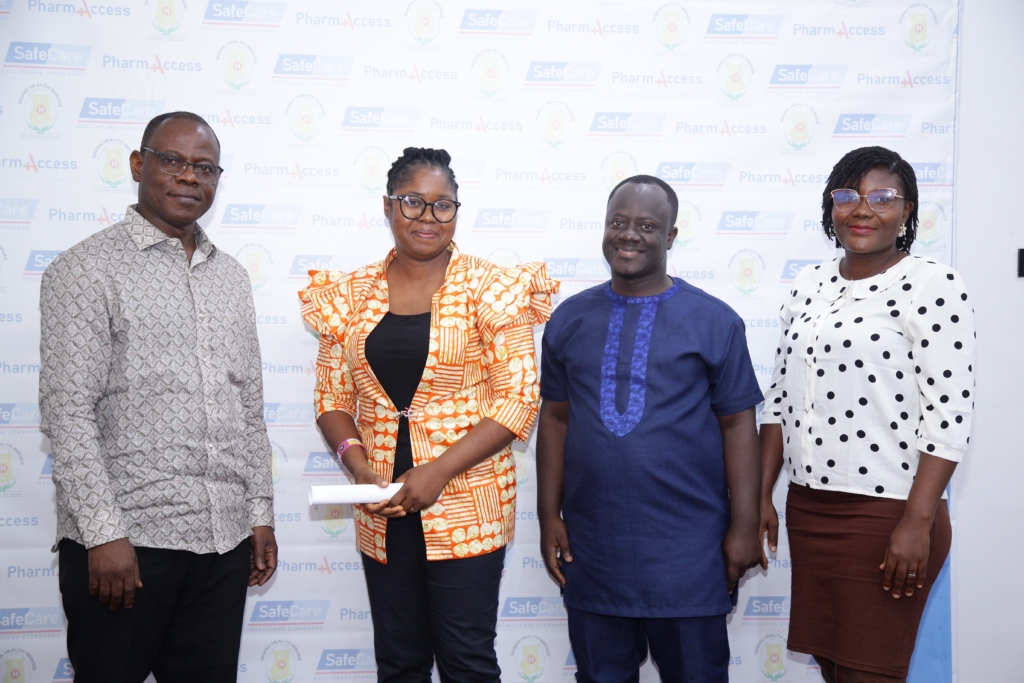
PharmAccess recognised the efforts of the Director-general of the Ghana Health Service, Dr. Patrick Kuma-Aboagye with a citation that read, “Quality in healthcare means leadership, attitude, and investment.”
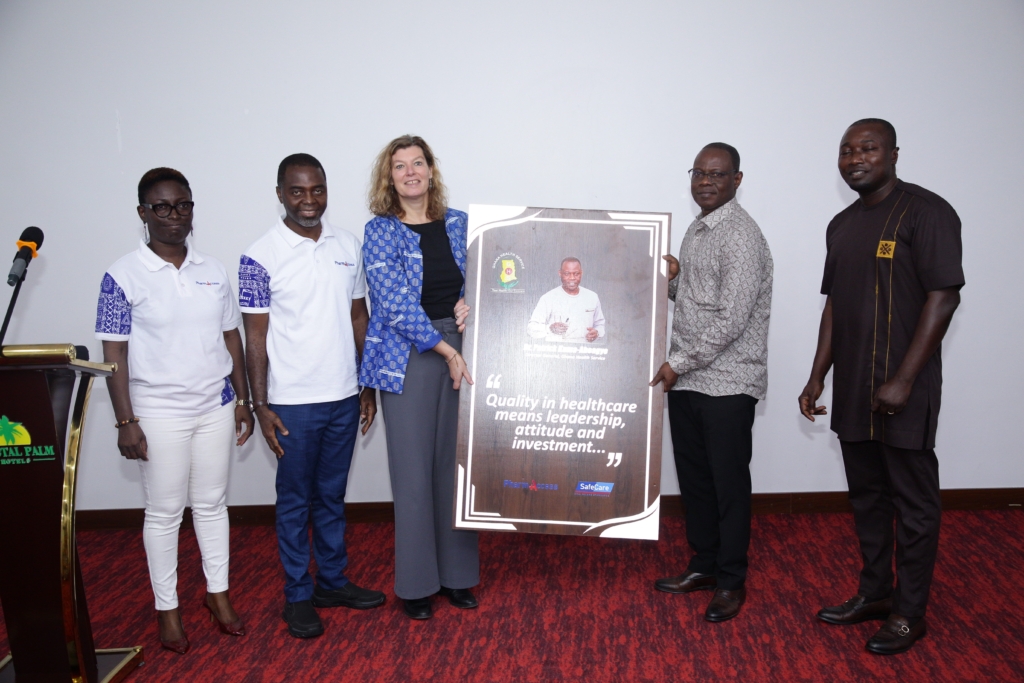
The SafeCare initiative is set to expand nationwide, with the ten participating regions leading the way and plans to bring the remaining six regions on board.
This milestone reflects a renewed commitment by the Ghana Health Service to prioritise quality, safety, and accountability in healthcare delivery, setting a benchmark for transformative healthcare practices in the country.
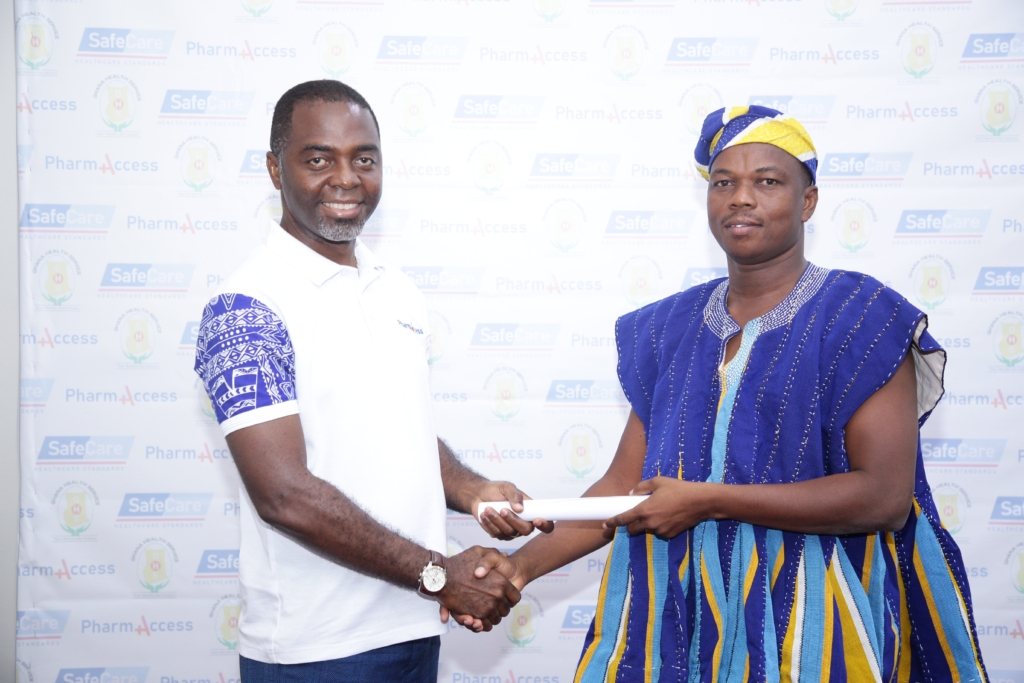

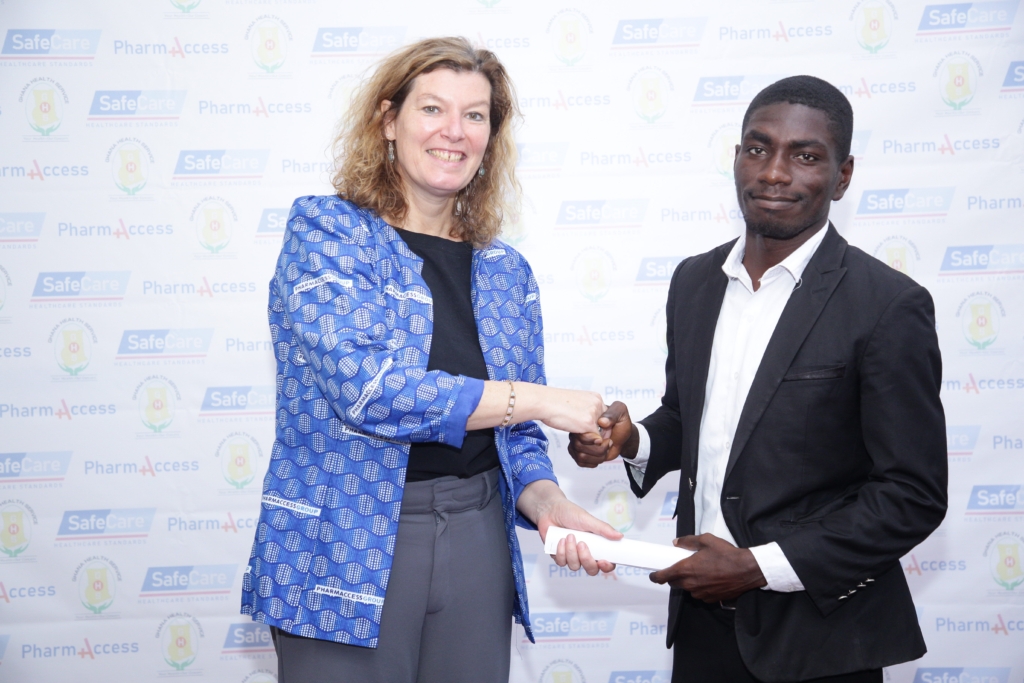
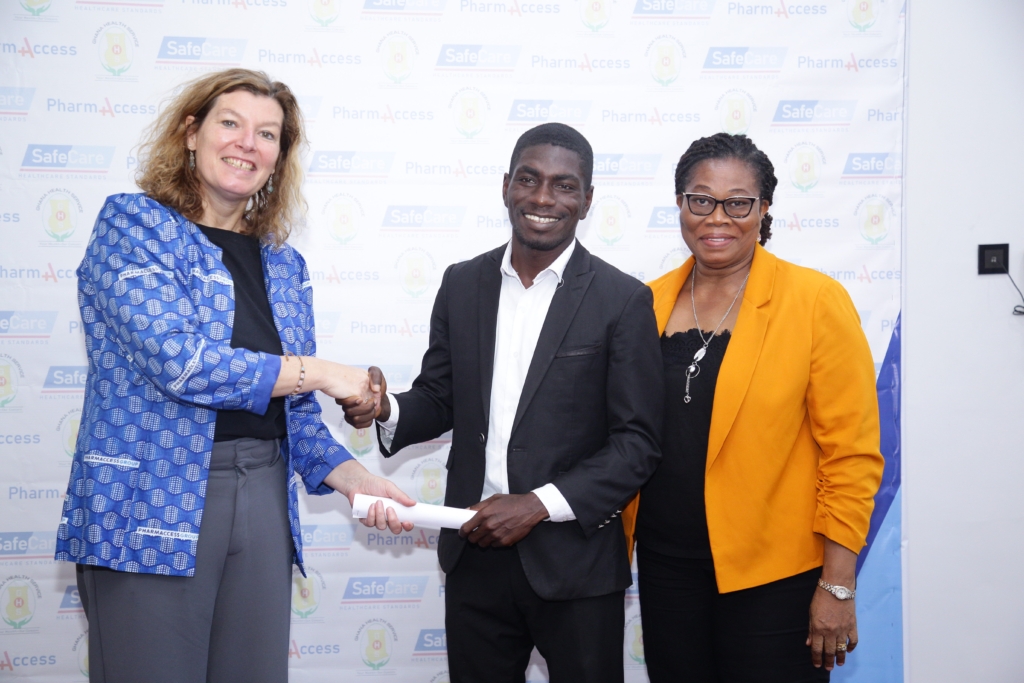
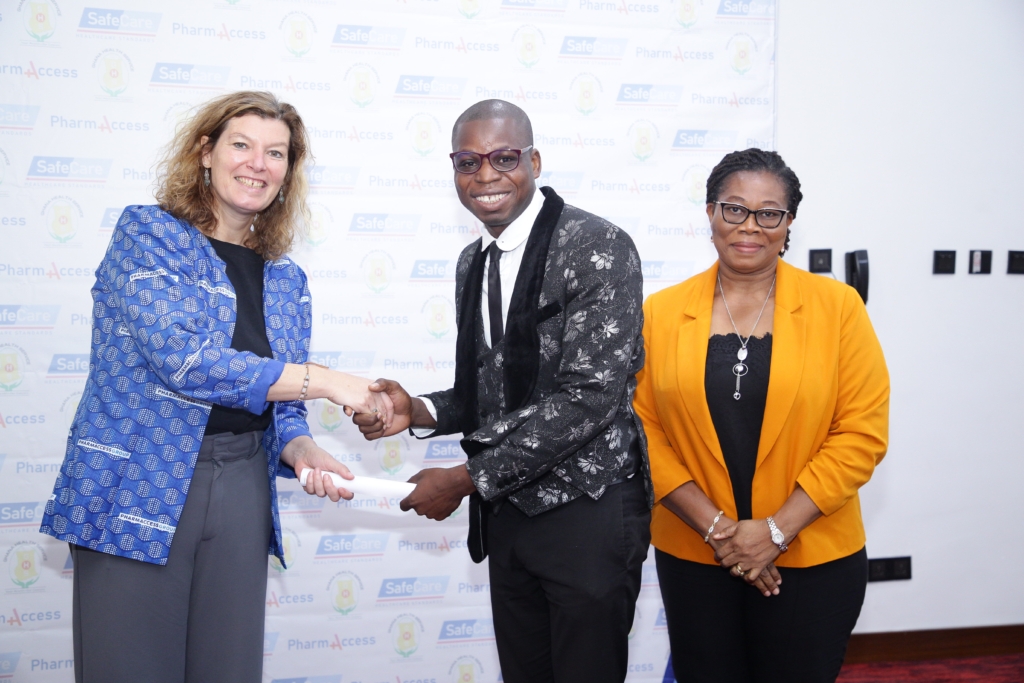
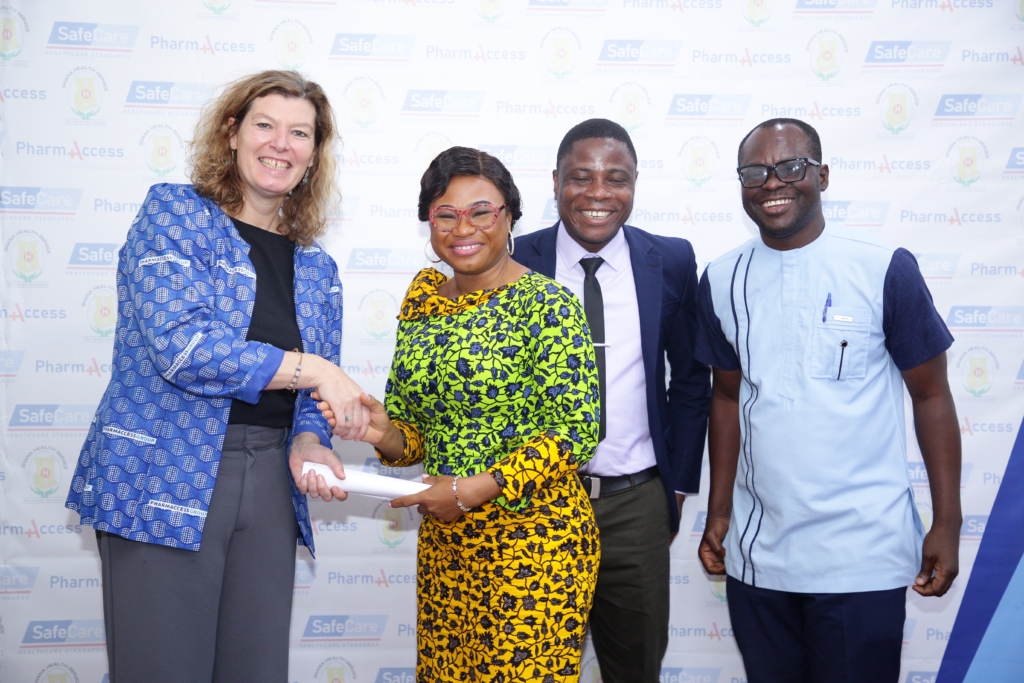
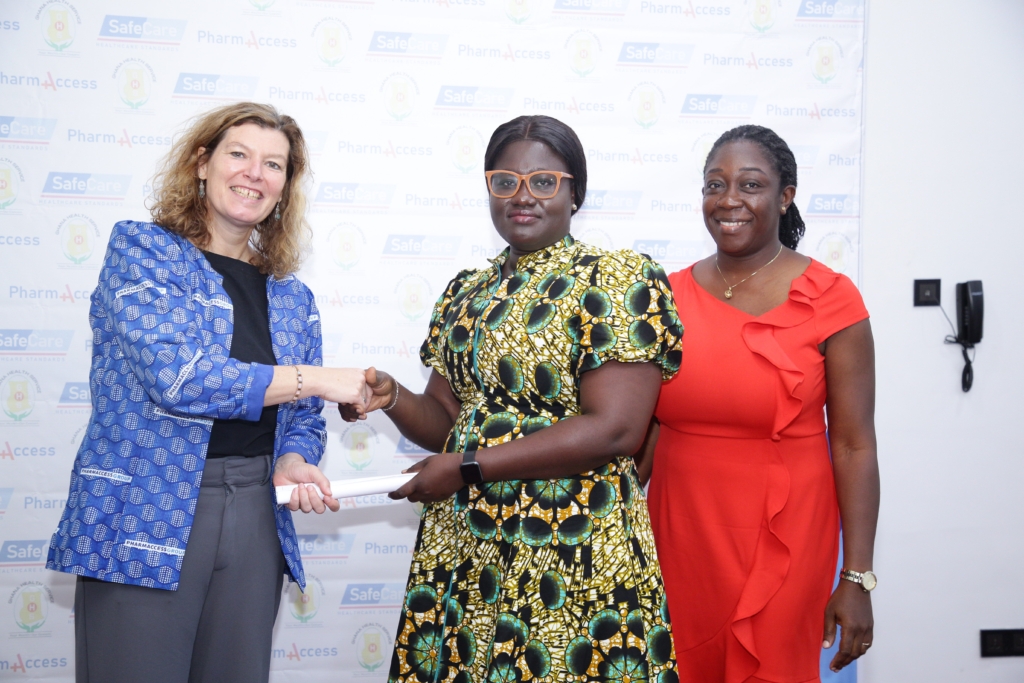

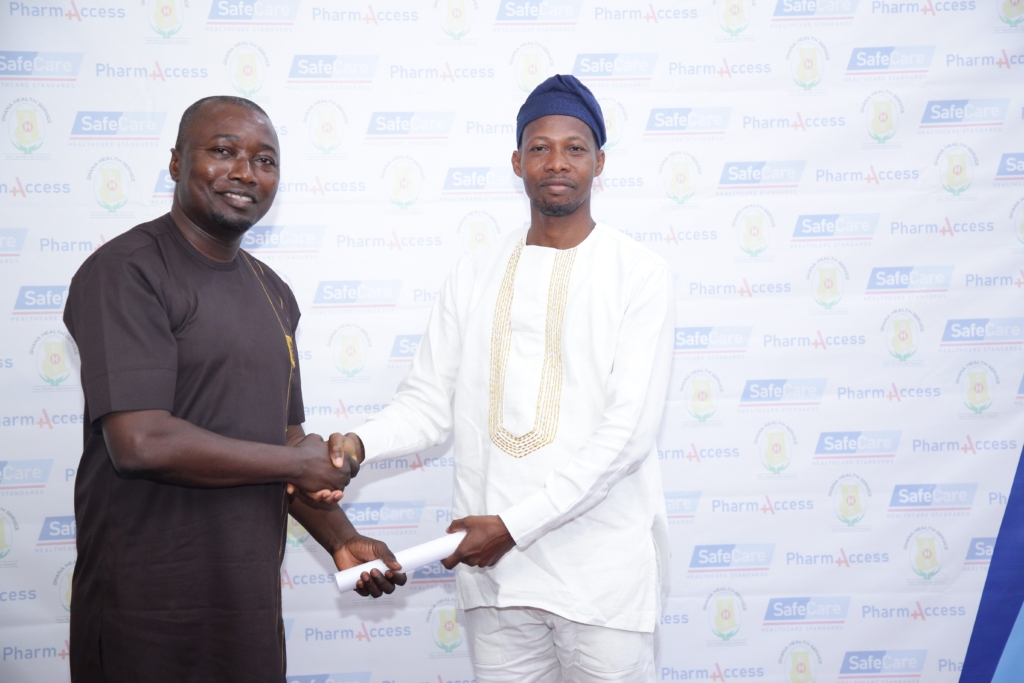
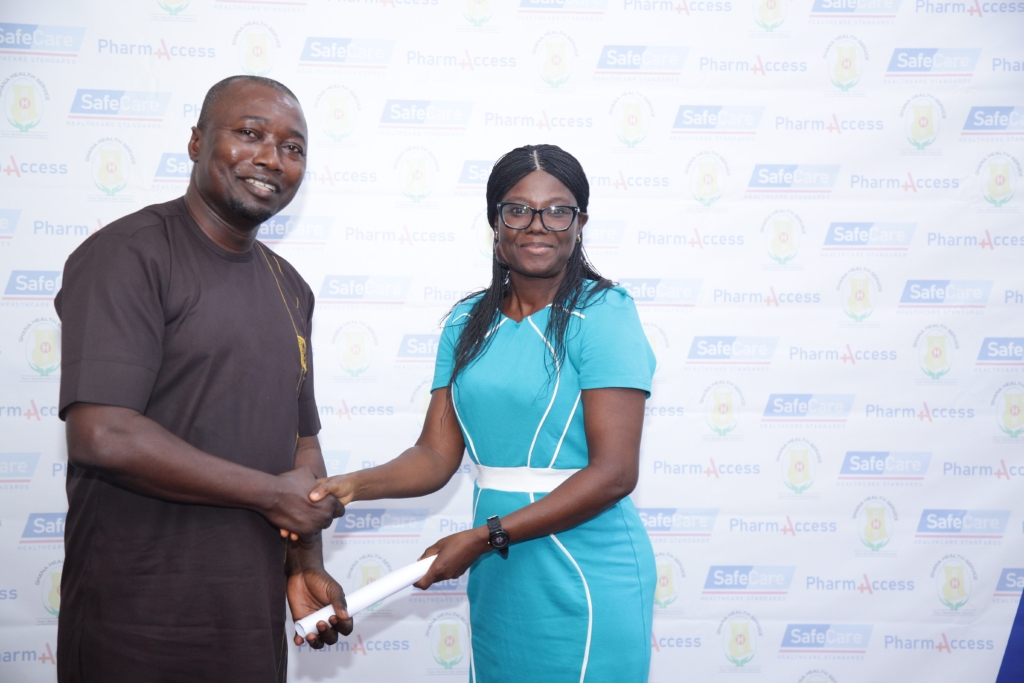


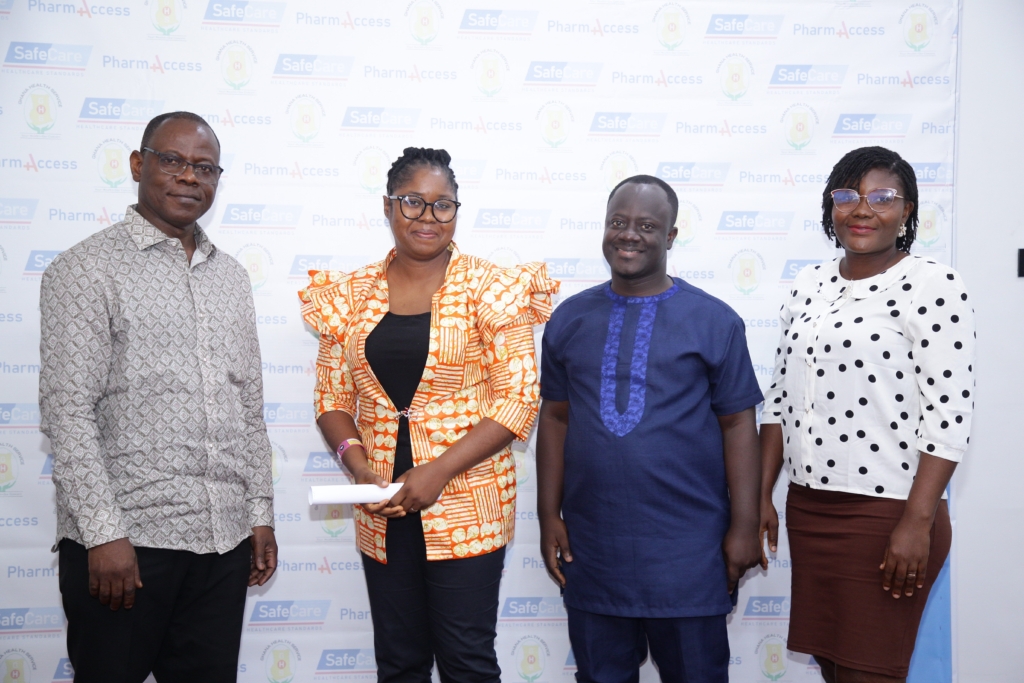
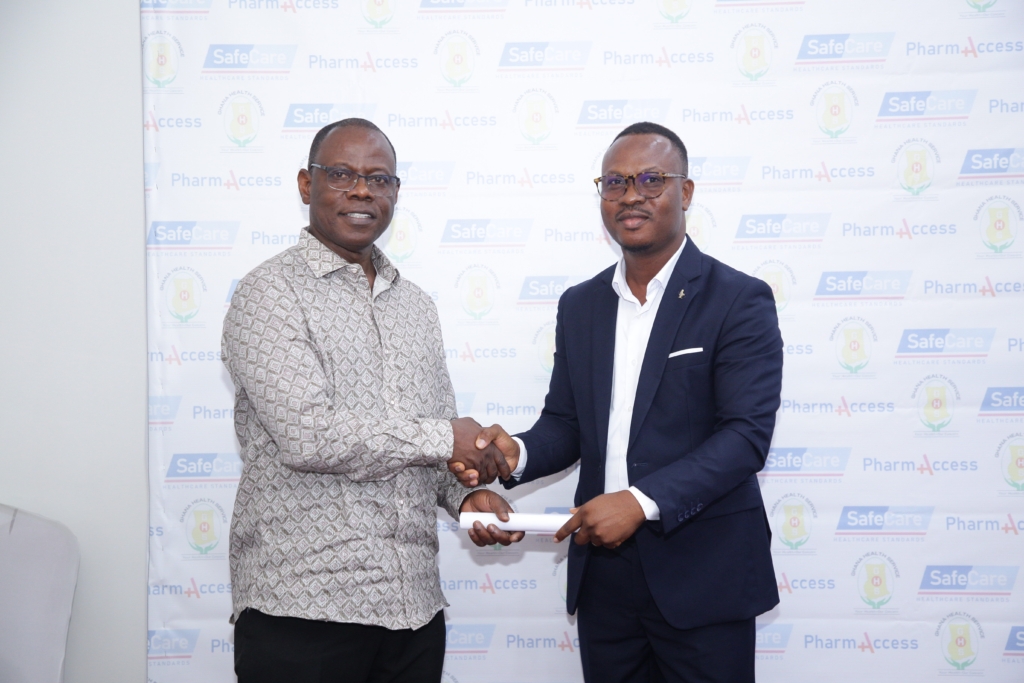
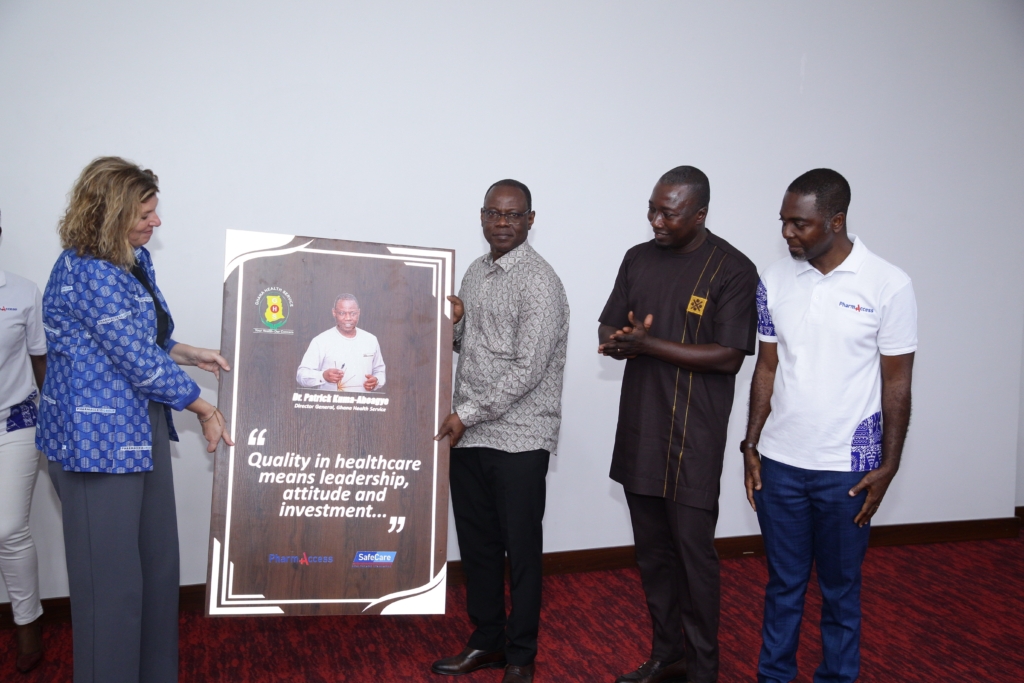
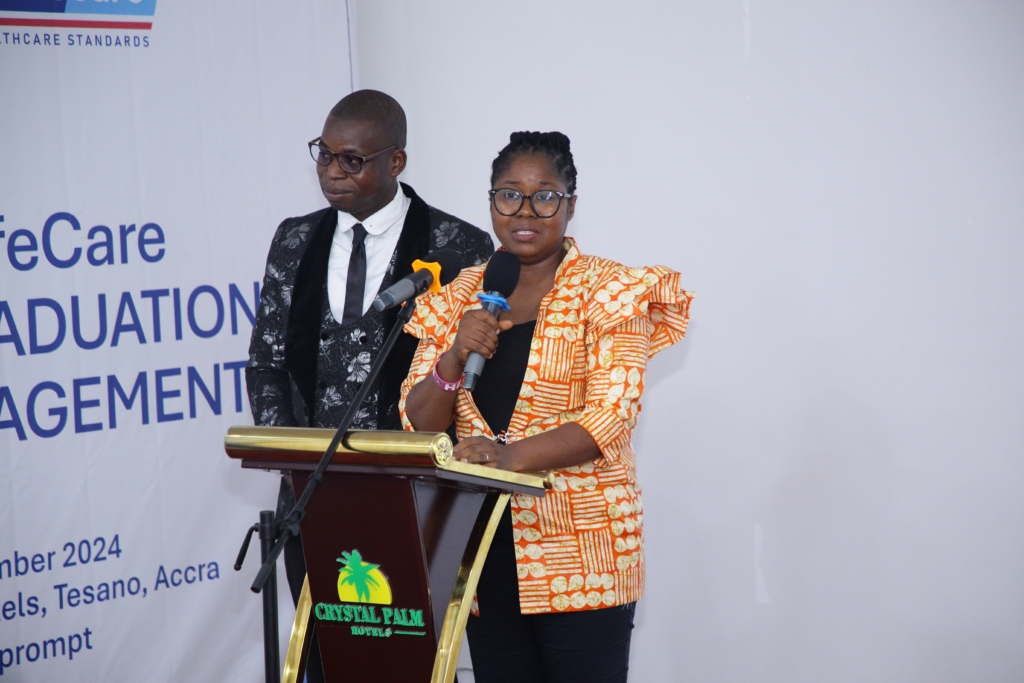
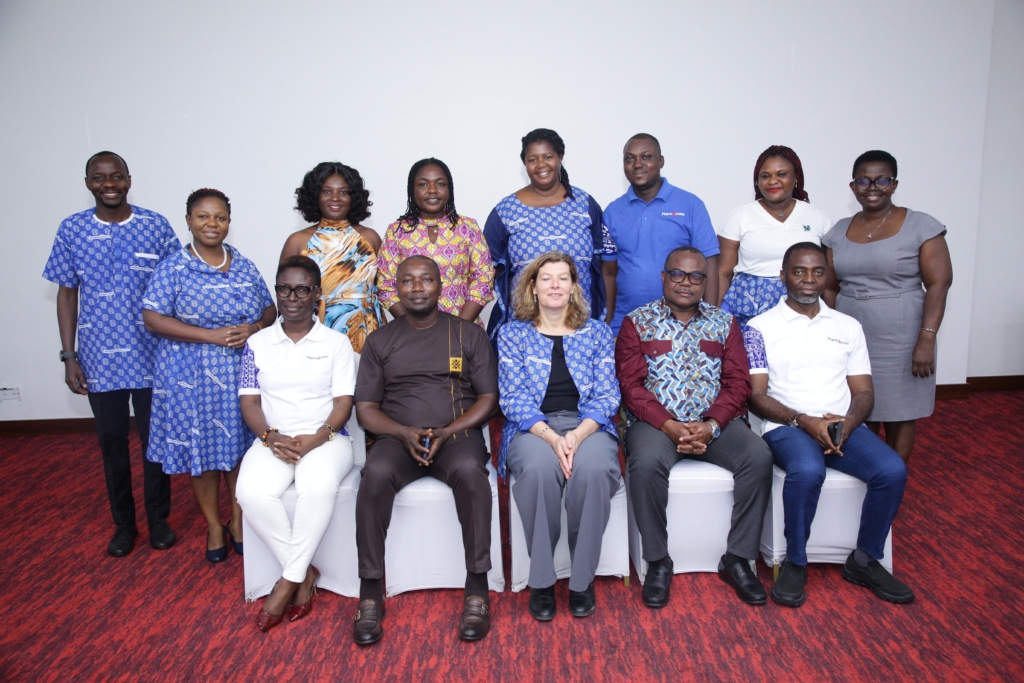
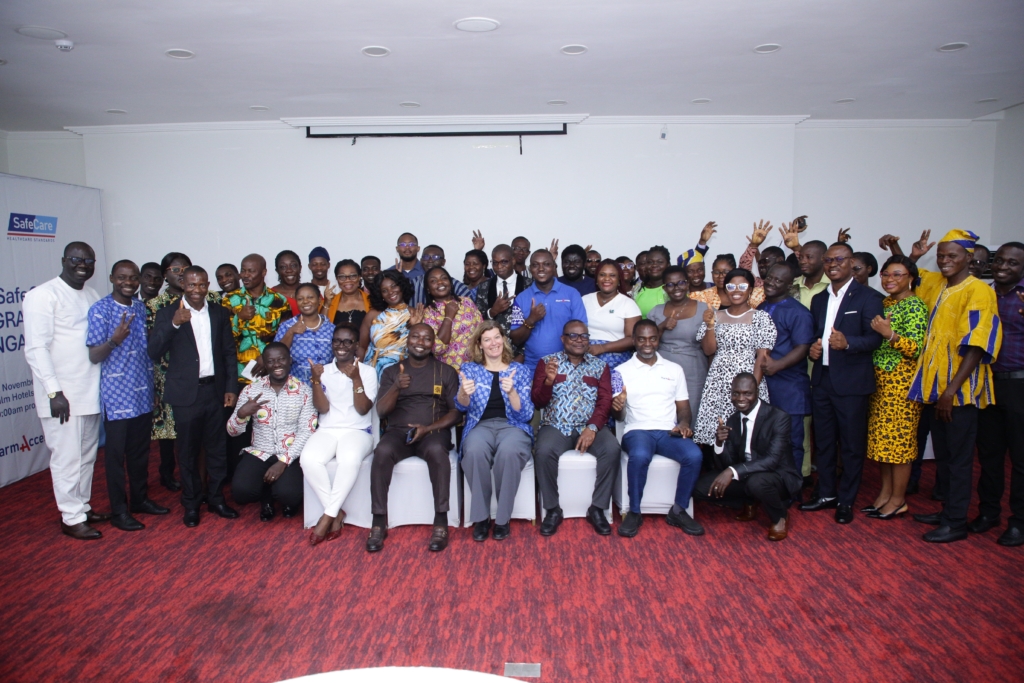
Latest Stories
-
Energy Minister must recover stolen ECG containers or be held accountable – Ntim Fordjour
2 minutes -
CLOGSAG suspends strike over Births and Deaths Registry appointment
21 minutes -
Ing. Ludwig Annang Hesse is new president of GhIE
30 minutes -
One artiste can’t take Ghana to the top, we must collaborate – Edem
31 minutes -
Presidency hasn’t ordered NIB to investigate Akufo-Addo’s travels – Felix Kwakye Ofosu
33 minutes -
Edem explains how 2023 motor accident made him lose gigs
44 minutes -
Smoke detectors and modern technology: A game-changer in Ghana’s fight against market and home fires?
47 minutes -
Provisional results for 2025 WASSCE First Series released
54 minutes -
50 female entrepreneurs graduate from Access Bank Ghana’s Womenpreneur Pitch-A-Ton
1 hour -
Araba Sekum to represent Ghana at Queen of the World pageant in USA
1 hour -
Remembering Shirley Graham Du Bois: A woman who called Ghana ‘home’
1 hour -
TVET is not just acquiring certificate, but rather empowering individuals with practical skills – McDan
2 hours -
A century in the sky: Delta celebrates 100 Years with museum refresh
2 hours -
Stakeholders call for amendment of Persons with Disability Act
2 hours -
Music collaborations unite Africa – Diamond Platnumz
2 hours

